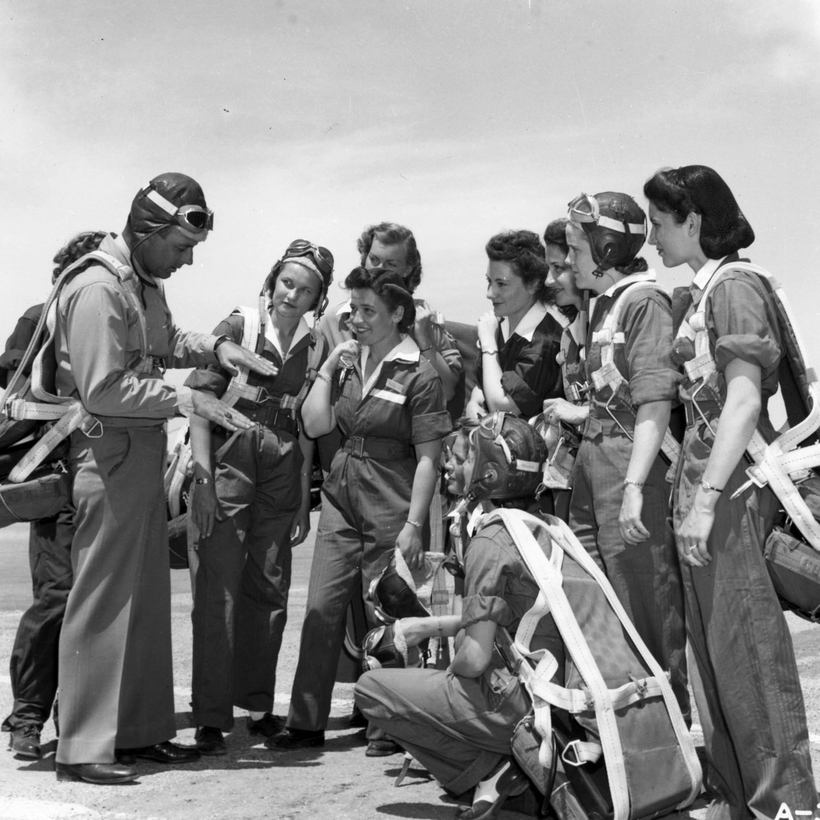My new book, The Girls Who Stepped Out of Line, features the stories of a handful of women who changed the course of war during the interminable years of 1940 to 1945. Over the course of my research, I encountered thousands.
And I went deep into their life stories—those who survived the Holocaust and the Japanese internment camps; those who fought in the Resistance, smuggling people out of harm’s way; and those who served in uniform or as war correspondents.
I was fascinated with the resilience of these women and with their pure, unadulterated grit. They just put their heads down and got it done. Typical of their generation, they didn’t expect awards or even thanks. Good thing, too, because they didn’t get any.
I found many of these women through their obituaries. By 2019, the oldest members of the Greatest Generation were passing in large numbers and many of their stories were being revealed for the first time.
I came across the obituary of Hilda Eisen first. Born in Poland, Eisen escaped from the Nazis not just once but three times—from the roundup of Jews in her community; later, from the confines of the ghetto that she’d been forced into; and, finally, from the hands of the Gestapo by jumping out of a second-story window. Following the war, Eisen left Europe, finding a new life as a businessperson and philanthropist in the U.S. with her husband. She died in 2017 at 100 years old.
I was breathless with amazement at Eisen’s courage. But as I continued to research and write, I found my involvement with Eisen and other intrepid women like her went beyond that of respect and admiration. I was surprised at how deeply their stories affected me personally.
Hilda Eisen escaped from the Nazis not just once but three times—from the roundup of Jews in her community; later, from the confines of the ghetto; and, finally, from the hands of the Gestapo.
I felt the frustration of Virginia Hall, the American espionage agent code-named Marie and Diane, who overcame a bureaucracy that repeatedly denied her attempts to join the State Department’s Foreign Service. Hall finally circumvented the obstacles of culture and class and made contributions likely far greater than any she could have done as a junior diplomat, working with the U.K.’s clandestine Special Operations Executive and the American Office of Strategic Services in France during the war.
I felt Charity Adams Earley’s determination to fight racial prejudice at every turn in the Women’s Army Corps. In the end, she commanded the first all-woman Black unit to serve overseas. Earley’s postal unit completed “mission impossible,” sorting and moving more than 17 million pieces of backlogged mail, much of which consisted of packages and letters going to troops on the front lines.
And I experienced the pang of loss that Ola “Millie” Rexroat must have felt when the Women Airforce Service Pilots program was dissolved, the incredible unfairness of a decision that barred the young, ambitious Midwestern pilot from ever flying again.
“The public wouldn’t stand for [women pilots],” Rexroat was told.
Mari K. Eder served as a U.S. Army major general. Her book The Girls Who Stepped Out of Line: Untold Stories of the Women Who Changed the Course of World War II is out now from Sourcebooks

